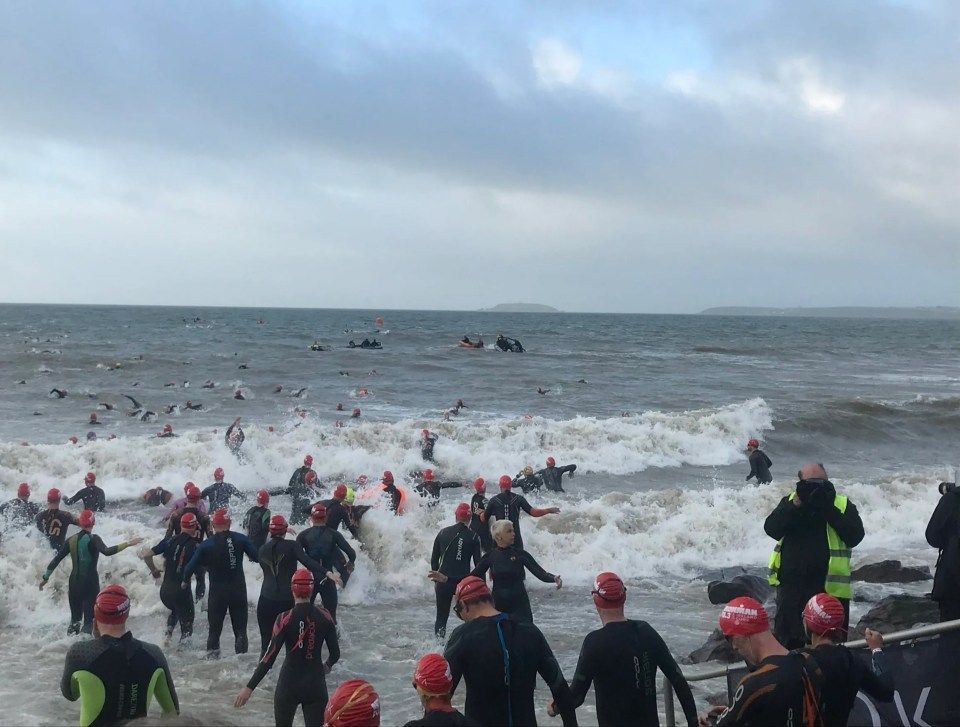The U.S.-owned Ironman Triathlon group is threatening legal action against Triathlon Ireland over the August 20 race in County Cork in which two swimmers died.
The Irish Times is reporting that in an "escalating row" over the event that started in rough seas off Youghal, Ironman International has told Triathlon Ireland to withdraw a statement about the tragedy or face a court claim for defamation.
Those rough seas were running a day after Storm Betty passed over Ireland.
The deaths of Brendan Wall (45) from County Math and Ivan Chittenden (64) from Toronto, Canada remain under investigation by gardaí as they prepare a file for the Cork City coroner.
There were more than 2,000 participants in the fatal race with some swimmers complaining of “horrendous” and “scary” conditions in the water that left them “frightened” and “struggling”.
According to the Times report, close observers of the affair believe litigation may be imminent. Ironman International, the New York-based organizer of the Youghal event, is in deep dispute with Triathlon Ireland, the State-funded national governing body for the sport, over the circumstances in which the race began.
"Ironman has emphatically rejected Triathlon Ireland’s assertion that the U.S. group was told 'before the start of the race' it was not possible to sanction the contest because of 'adverse conditions' on the day. A sanction for a triathlon is a form of official permit, with insurance implications for contestants.
Added the Times account: "Contrary to Triathlon Ireland’s stance, Ironman has insisted it learned of the decision not to sanction the Youghal race only 'several hours after the swim was completed.' The swim is the first part of a triathlon, followed by the cycling leg and then the running race.
"The Triathlon Ireland website said its insurance did not cover contestants in a “non-sanctioned” race. Still, the body’s chief executive Darren Coombes sent an email to clubs last Friday night saying the insurer had confirmed the personal accident policy 'was operative during the event' subject to the 'usual' terms and conditions."








